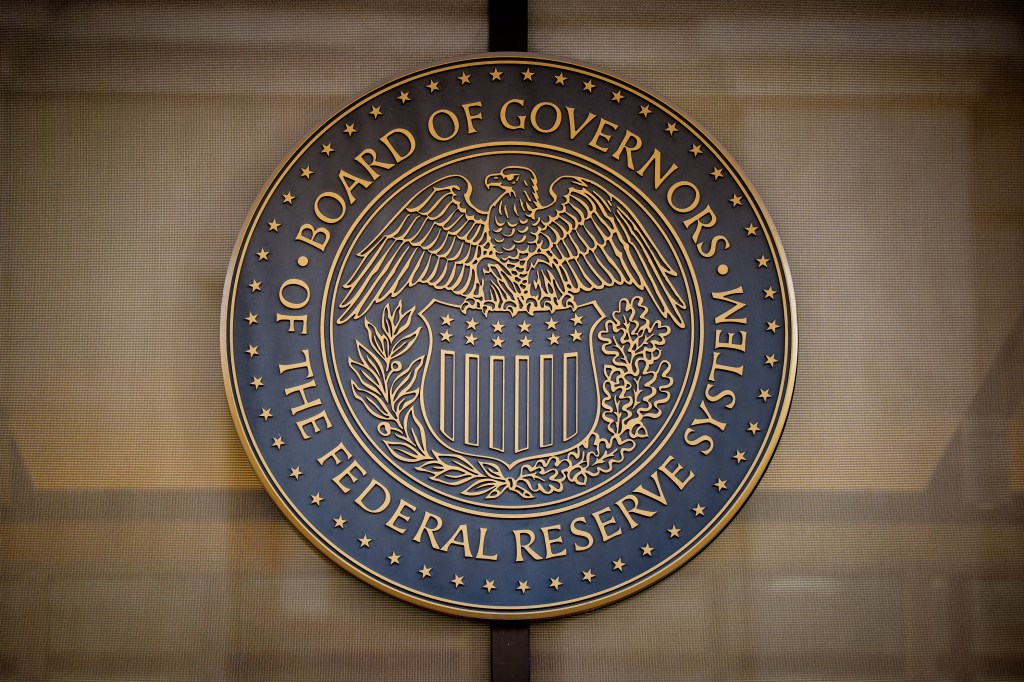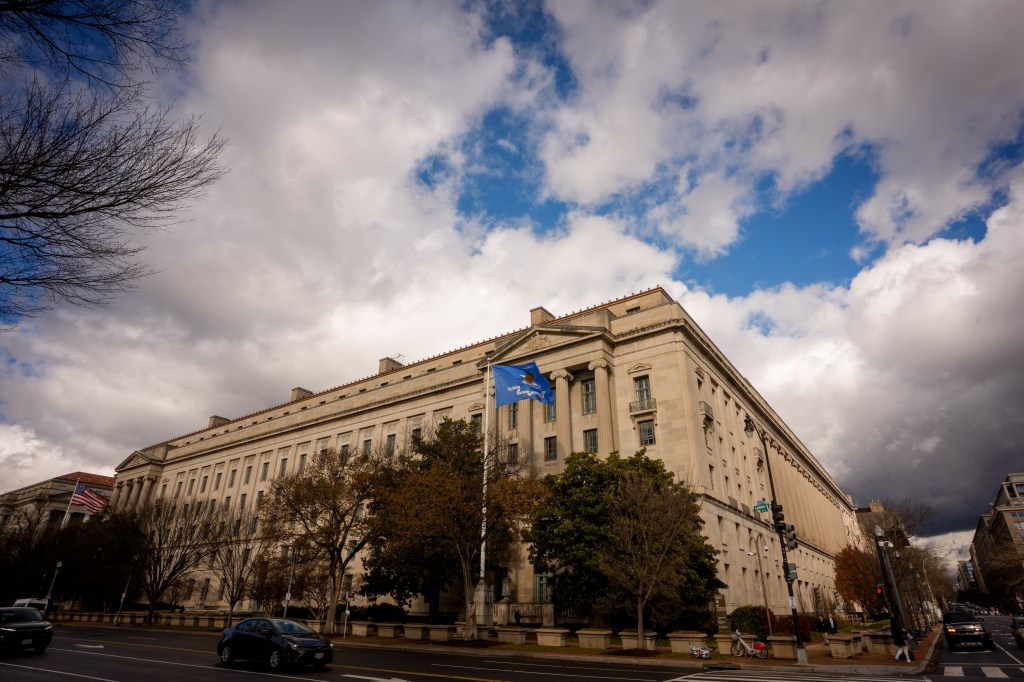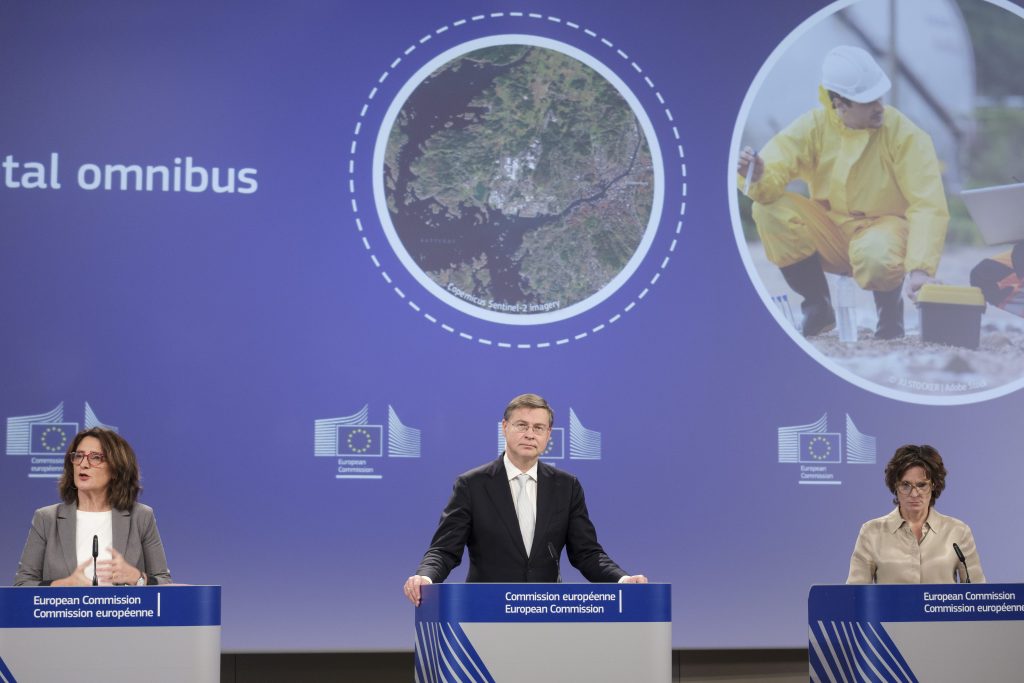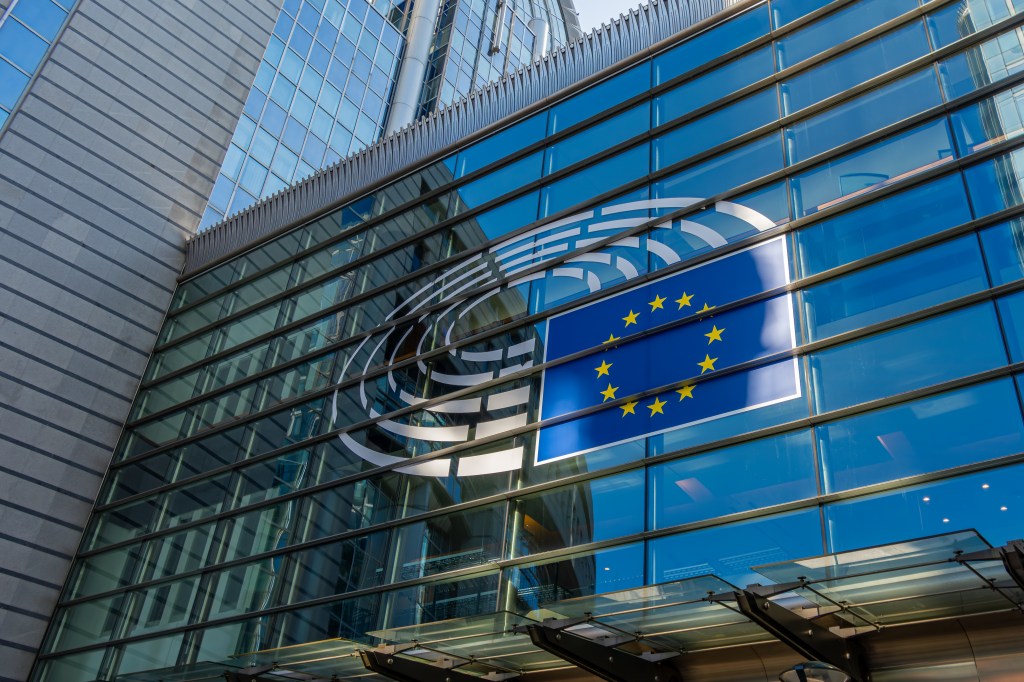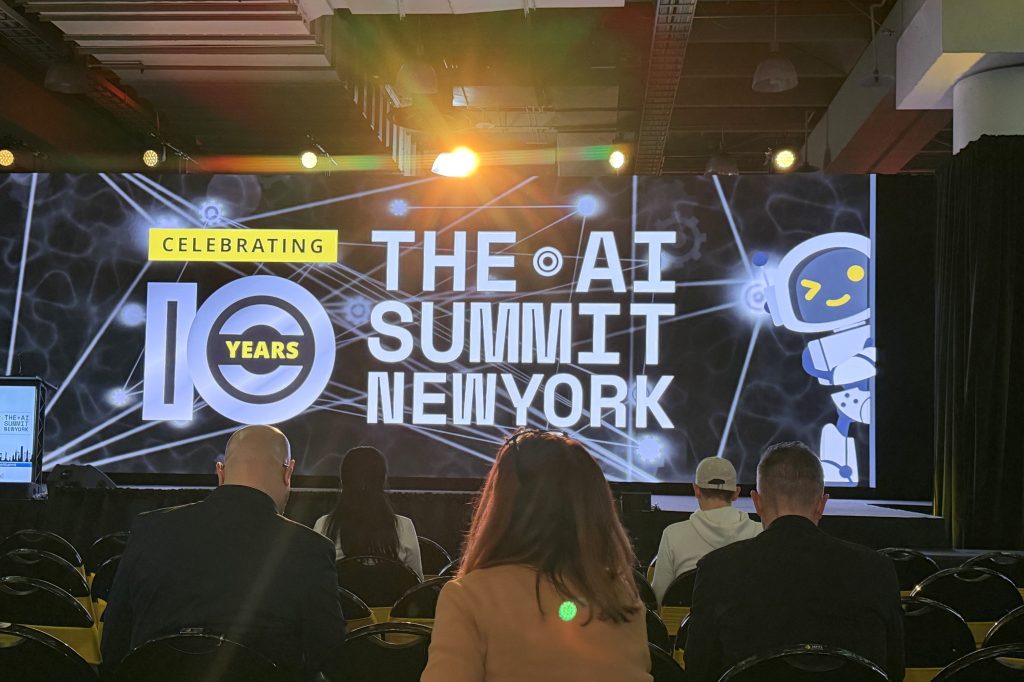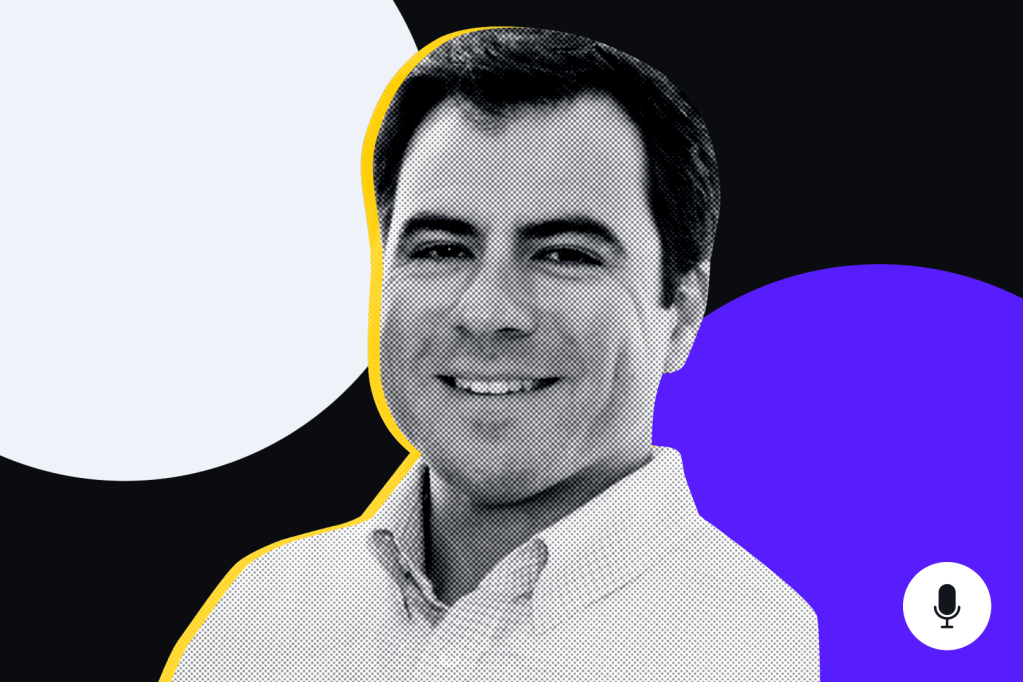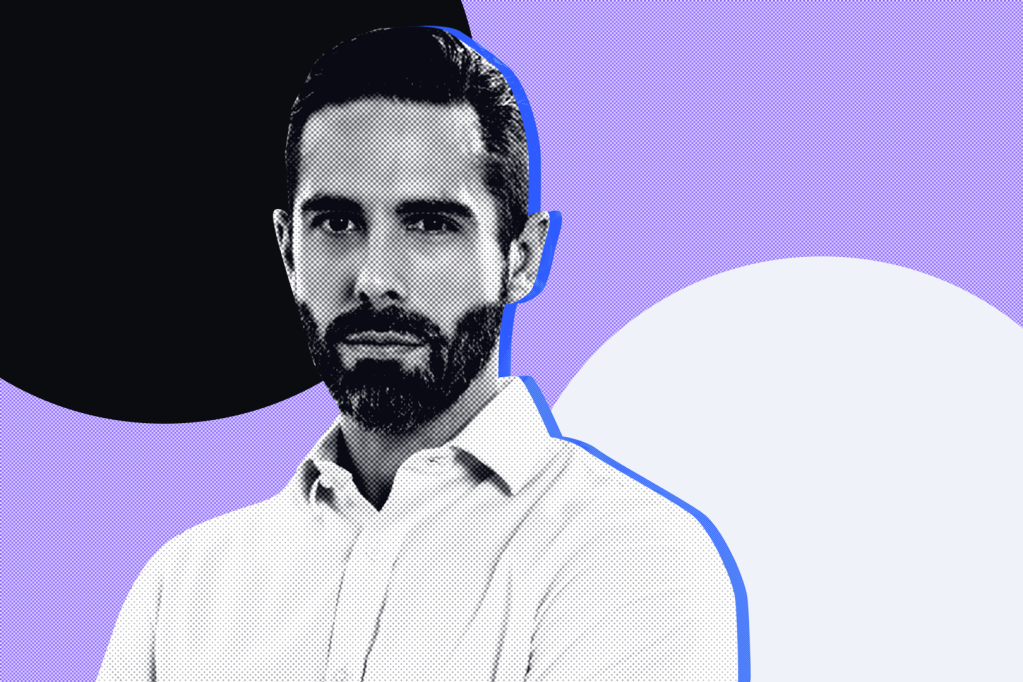This is a transcript of the podcast Rupert Evill on the rise of fraud between Ethics Insight Founder Rupert Evill and GRIP Senior Reporter Carmen Cracknell.
[INTRO]
Carmen Cracknell: Rupert, it’s great to have you back on the GRIP Podcast. We spoke to you last time roughly a year ago,
Register for free to keep reading
To continue reading this article and unlock full access to GRIP, register now. You’ll enjoy free access to all content until our subscription service launches in early 2026.
- Unlimited access to industry insights
- Stay on top of key rules and regulatory changes with our Rules Navigator
- Ad-free experience with no distractions
- Regular podcasts from trusted external experts
- Fresh compliance and regulatory content every day




